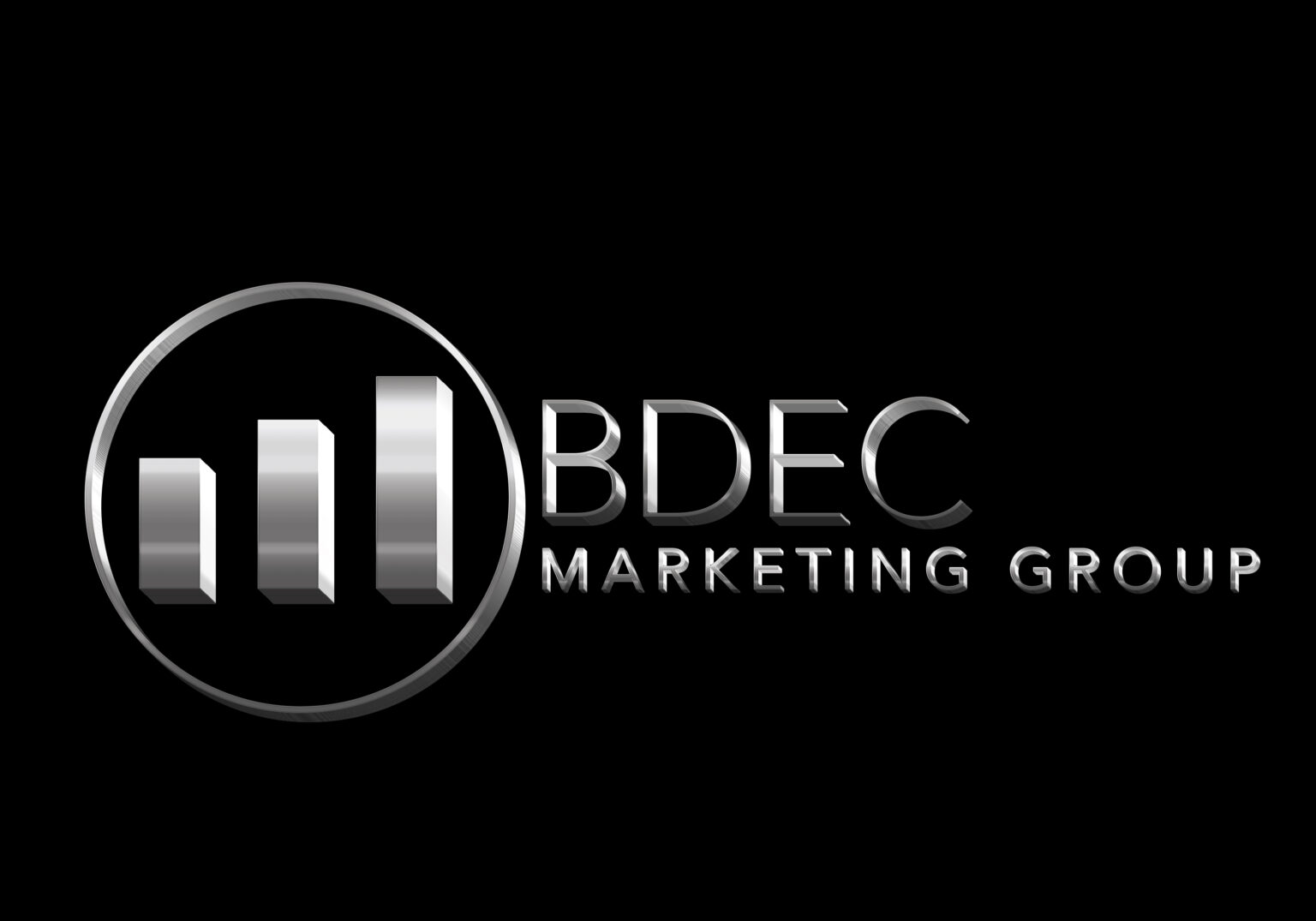Legal workshops and seminars offer attorneys a unique opportunity to showcase their expertise, provide valuable insights, and connect with potential clients and peers. Whether you’re planning a workshop on estate planning, a seminar on corporate law, or any other legal event, effective marketing is key to its success. Let’s explore strategies and tips for marketing legal workshops and seminars that will help you attract a diverse and engaged audience, establish your authority, and achieve your objectives.
The Power of Legal Workshops and Seminars
Legal workshops and seminars provide a platform for attorneys to:
- Educate: Share your knowledge and expertise on specific legal topics, helping attendees better understand complex issues.
- Network: Connect with potential clients, colleagues, and industry professionals who attend your event.
- Build Authority: Position yourself as an authority in your legal niche and enhance your reputation.
- Generate Leads: Attract potential clients who seek your services based on your expertise.
Now, let’s delve into effective marketing strategies to ensure your legal workshop or seminar reaches the right audience and creates a lasting impact.
1. Define Your Goals and Target Audience
Before diving into marketing, establish clear objectives for your workshop or seminar. Are you aiming to generate leads, showcase your expertise, or build relationships? Once you have defined your goals, identify your target audience—whether it’s individuals, businesses, or fellow legal professionals. Understanding your audience is crucial for tailoring your marketing efforts effectively.
2. Develop a Compelling Event Title and Description
The title and description of your event are your first opportunity to capture attendees’ interest. Craft a compelling, concise title that communicates the value of attending. In the description, outline what attendees can expect to learn and why your event is a must-attend.
3. Create a Professional Event Website
Build a dedicated event website or landing page that provides detailed information about the event, including date, time, location, agenda, speakers, and registration details. Ensure that the website is mobile-responsive for easy access on various devices.
4. Leverage Email Marketing
Email remains a powerful tool for promoting events. Develop an email marketing strategy that includes sending invitations, reminders, and follow-ups to registered attendees. Personalize your emails and use engaging subject lines to boost open rates.
5. Utilize Social Media
Leverage social media platforms such as LinkedIn, Twitter, and Facebook to promote your event. Create event pages, share informative posts, and engage with your audience by responding to comments and questions. Consider using event-specific hashtags to increase visibility.
6. Engage in Content Marketing
Produce high-quality content related to the topics covered in your workshop or seminar. Create blog posts, articles, infographics, or videos to showcase your expertise and generate interest in your event. Share this content through your website, social media, and email newsletters.
7. Collaborate with Influencers
Identify influencers or thought leaders in your legal niche who can endorse or participate in your event. Their credibility and reach can significantly boost attendance and lend authority to your seminar or workshop.
8. Offer Early Bird Discounts and Incentives
Create a sense of urgency by offering early bird registration discounts or exclusive incentives for attendees who sign up in advance. Limited-time offers can drive early registrations and boost overall attendance.
9. Engage with Partners and Sponsors
Collaborate with legal associations, bar associations, or industry-specific organizations to co-host or sponsor your event. Their support can help expand your reach and credibility.
10. Provide Valuable Takeaways
Offer attendees valuable takeaways, such as downloadable resources, templates, or exclusive access to post-event materials. Demonstrating the tangible benefits of attending can encourage more registrations.
11. Leverage Online Advertising
Consider running targeted online advertising campaigns on platforms like Google Ads or LinkedIn Ads. These campaigns can help you reach a broader audience and drive traffic to your event website.
12. Implement a Referral Program
Encourage registered attendees to refer colleagues, friends, or acquaintances to your event. Reward those who refer new participants with discounts or exclusive perks.
13. Optimize Registration and Payment Processes
Make the registration process user-friendly, with clear instructions and secure payment options. Minimize any friction that might deter potential attendees from signing up.
14. Utilize Eventbrite or Similar Platforms
List your event on popular event registration platforms like Eventbrite. These platforms can help you reach a broader audience and streamline the registration process.
15. Create a Buzz with Teasers and Countdowns
Use teaser posts, countdowns, and sneak peeks on social media to create excitement and anticipation leading up to the event. Share behind-the-scenes glimpses and highlight key speakers or topics.
16. Invest in Professional Design and Branding
Ensure that all promotional materials, including flyers, banners, and social media graphics, have a professional and cohesive design that reflects the event’s branding.
17
. Run Webinars or Mini-Workshops
Host short webinars or mini-workshops related to the event’s topics before the main event. This can serve as a preview and generate interest among potential attendees.
18. Capture Testimonials and Share Success Stories
If you’ve hosted similar events in the past, share testimonials and success stories from previous attendees. Positive feedback can boost trust and credibility.
19. Encourage Social Sharing
Encourage registered attendees to share the event on their social networks. Offer incentives, such as entry into a prize drawing, for sharing with their networks.
20. Leverage Post-Event Content
After the event, continue to engage with attendees by sharing post-event content. This could include event summaries, recordings, presentation slides, and follow-up articles.
21. Collect and Analyze Data
Throughout the marketing process, collect data on the performance of your marketing channels and strategies. Analyze this data to understand what worked best and where improvements can be made for future events.
Marketing legal workshops and seminars requires a thoughtful and strategic approach to ensure success. By defining your goals, targeting the right audience, and implementing a comprehensive marketing plan, you can create an engaging event that not only showcases your legal expertise but also fosters valuable connections and opportunities for growth.
Remember that successful event marketing doesn’t end when the event begins—it continues with post-event engagement and analysis to inform your future efforts. With these strategies in your toolkit, you’ll be well-equipped to market your legal workshops and seminars effectively and achieve your objectives.
Looking for more strategies and insights? Book a free discovery call with a Fractional CMO today!




